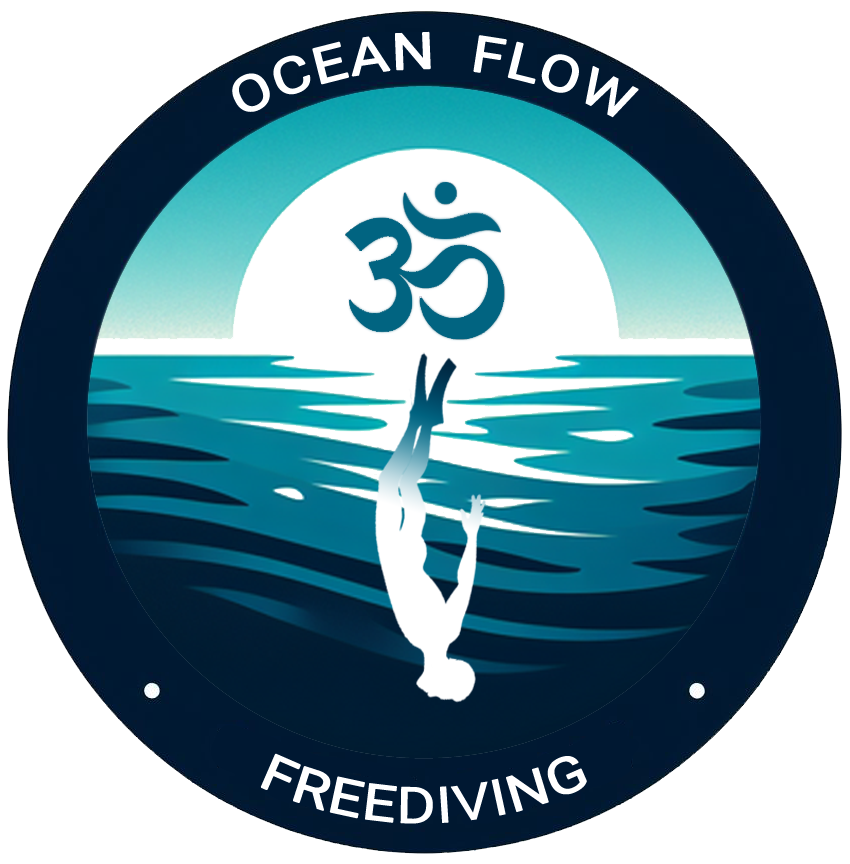Mind Control and Apnea 1/3
Introduction
In the freediving community, we all are passionate explorers.
This discipline is still in its infancy, and we enjoy thinking of ourselves as explorers of the depth. We explore the depth of the ocean, the capability and adaptation of the body, and of course the depth and meander of the mind.
Since our initial freediving experience and throughout our courses, we’ve realized that considering ourselves as body-mind entities is crucial, otherwise, holding one's breath while deep diving can prove exceedingly challenging.
Our approach sets us apart from any other sport practiced by mankind. In a way, we're part of the direct lineage of the Persian dervishes, Indian yogis, or Chinese Shaolin fighter monks.
Through the consciousness of our body, the repetition of movement, and acute concentration, we are able to access other realms of consciousness connecting us to higher planes of existence.
To achieve this we must undergo a phase of discovery and practical learning about our bodies and our minds; understanding their functioning, interconnections, limitations, but also the infinite possibilities they offer when in unison.In doing so, we become not only better freedivers but better human beings.
This paper humbly contributes to the freediving community by detailing the importance of the mind in freediving and trying to answer the question “Can we work on our minds to improve our Apnea/Freediving ?”. It also explores how we can draw lessons from techniques developed by our forefathers, aiming for improved performances, enhanced safety, and overall better freediving experiences.
Western approach
In today's science, there's a trend to link consciousness, mind, and brain together. It sees the mind as something the brain does, and consciousness as something the mind does. The approach is often to use chemicals to change and adjust them. The idea is that a healthy brain chemistry leads to well-being and higher consciousness, while poor brain chemistry can cause unhappiness. The perspective is that nobody is to blame, but we should work on changing the brain's chemistry for the better.
In the eastern science brain, mind and consciousness are three different things
Eastern approach
Humans are body-mind entities, a solid gross body made of solid and tangible material, and a mind which nature is more subtle. As a first approach to the nature of the mind we can say that our mind is at least made of emotions, thoughts, sensations, intuition, consciousness, sense of “I”. In yogic philosophy, the word 'citta' is used to refer to the entirety of the mental field. It contains three different aspects :
Buddhi (intellect) is the faculty of discernment. It relies on reasoning and logic.
Ahamkara (ego) is the faculty through which the personality establishes its identity.
Manas (memory) made of the sum of all informations (genetic, from experiences, sensorial), it receives it from the cognitive senses and reacts to this information
Is controlling one’s own mind possible ?
Our bodies and minds are remarkable machinery, enabling us to accomplish intricate tasks in a perpetually changing environment—sending rockets into space, exploring the intricacies of atoms. However, even the seemingly straightforward act of relaxation on land or in water often proves challenging due to the relentless activity of our minds.
Recall moments when a persistent thought hindered your sleep or when emotions disrupted a diving experience. Our minds, akin to wild monkeys, can be disruptive, but once harnessed, they transform into formidable allies.
As we delve into the practice of freediving, attempting to relax our bodies for upcoming dives, we confront the reality that our minds seldom find repose. The monkey mind persistently chatters, comments, judges, evaluates, projects, compares, and feels. While this activity can be frustrating during attempts to relax, it is the flip side of the coin that ensures our safety and awareness of potential dangers.
So, is controlling the mind a futile endeavor?
Across the ages, sages, mystics, and prophets reached a common conclusion: the mind may be uncontrollable, but its power can be harnessed. They taught us that we need not succumb to the whims of the monkey mind; we are not our thoughts or sensations. Through dedicated practices, we can lay the groundwork for a calm mind, transforming into explorers and observers of our thoughts, emotions, and sensations, thereby creating inner space and peace.
By observing and quieting the mind, creating a distance between sensation and reaction, our bodies gain access to deeper states of relaxation and consciousness. Most thoughts trigger corresponding bodily reactions as they pass through the limbic (emotional) system. Angry or anxious thoughts elevate blood pressure and heart rate, while kind or loving thoughts have the opposite effect. Unless contemplating neutral, unemotional subjects, thoughts directly influence the functioning of bodily systems to varying degrees.
With newfound hope, how can we establish the foundation for a calm and balanced mind?

